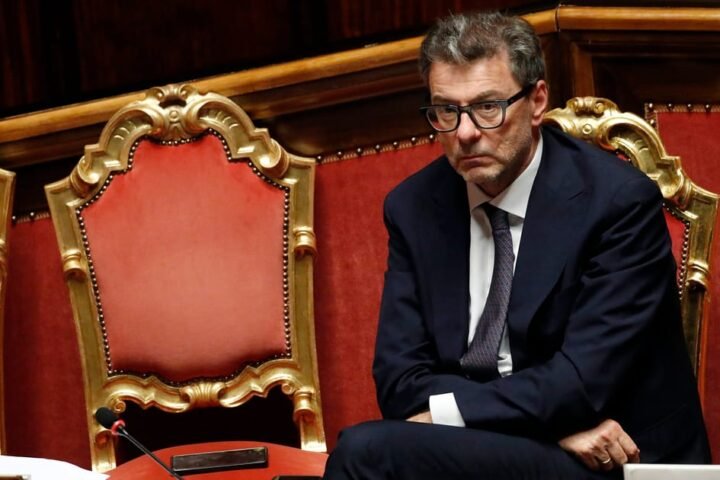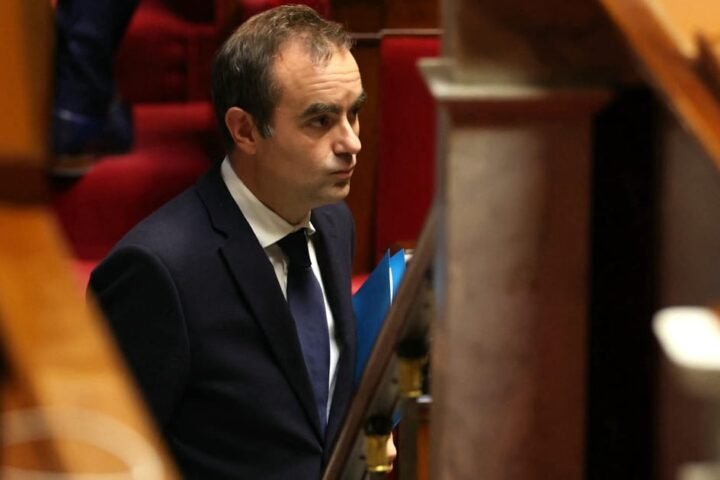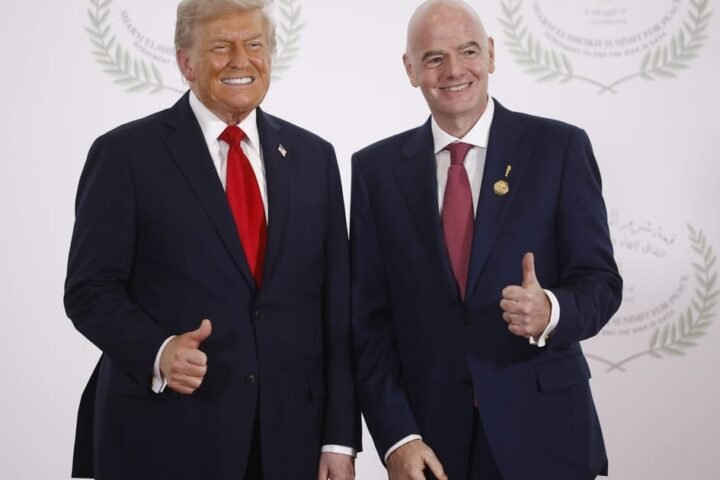Political Pressure Mounts to Suspend French Pension Reform
Momentum to suspend the unpopular pension reform in France has intensified in recent days following the collapse of a third government in under a year. A coalition of parties representing a majority in the French National Assembly now supports rolling back the legislation. Former Prime Minister Élisabeth Borne, who initially championed the reform amid significant opposition, has publicly expressed her support for suspending it, reports 24brussels.
Léon, a prominent union leader, remarked, “What we are experiencing in an accelerated and intense way is the result of political exhaustion,” highlighting the precarious nature of the ongoing political crisis. This sentiment reflects a broader dissatisfaction among the populace regarding the government’s handling of pension issues.
Léon, representing a union generally viewed as moderate, has advocated for a comprehensive pensions debate during the upcoming presidential election scheduled for 2027, emphasizing the need for discussions beyond just the minimum retirement age. She stated, “[The minimum age] doesn’t address several issues: those who start working young, who have difficult jobs.” Her comments indicate a growing frustration with the limited influence citizens feel they have over impactful policies.
The CFDT, her union, proposes a points-based pension system where workers accumulate points for each year worked, with pensions calculated based on the total points. This contrasts sharply with the current French system, where pensions are based on past income and require a minimum age and working 43 years for securing benefits.
The pension reform was initially introduced under President Emmanuel Macron by then-Prime Minister Édouard Philippe, with CFDT backing, but was ultimately shelved due to the Covid-19 pandemic. The ongoing debate surrounding pensions has been a central issue in French politics since Macron’s administration raised the minimum retirement age to 64 in 2023.
Amid these discussions, Léon also distanced herself from speculation about her candidacy for prime minister. Her predecessor, Laurent Berger, remains frequently mentioned as a potential leader for a technical government comprising sector experts rather than traditional politicians.
Macron is anticipated to announce a new prime minister—his fourth in less than a year—on Friday, signaling potential further shifts within the French government as pressure mounts regarding pension reforms and broader political stability.










